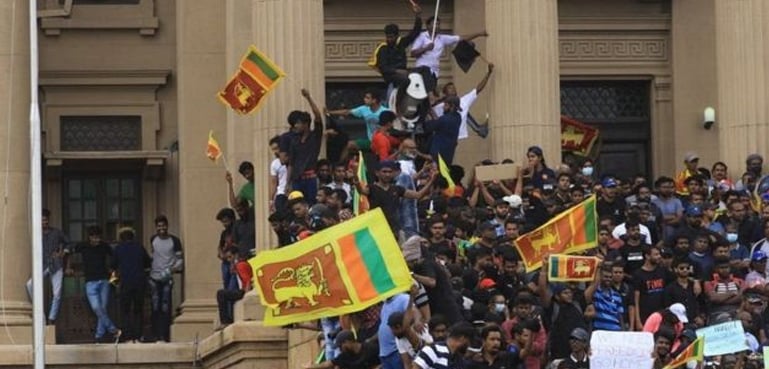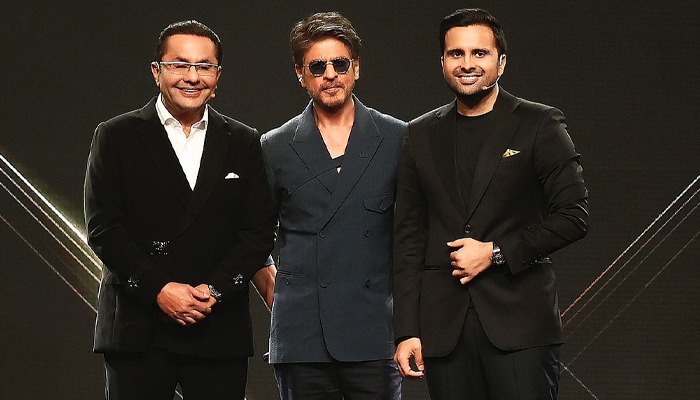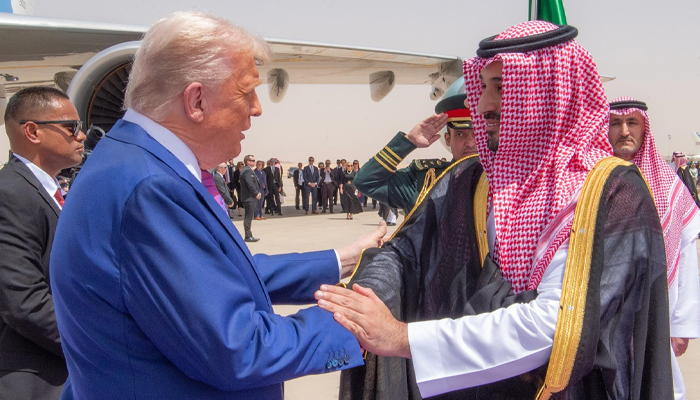Colombo: In Sri Lanka, in view of the increase in inflation rate day by day, the people there are suffering from a crisis of frustration and dissatisfaction.
People’s organizations say that despite getting a loan from the IMF, the problems of the citizens will not end. Since February, the price of electricity has been increased by 66%.
Sri Lanka’s popular revolution against former President Gotabaya Rajapaksa is about to complete a year. And last July, Ranil Wickramasinghe assumed the office of the new president, but despite all these political changes, there has been no significant change in the economic conditions of the country, Sri Lanka is still suffering from severe economic fluctuations.
Last week, thousands of employees of various departments walked off the job in hospitals, banks and ports to protest against the increase in taxes and electricity fees, even though the Wickremesinghe government had agreed to cut taxes and fees as per International Monetary Fund (IMF) terms. In addition, the IMF has approved a $2.9 billion loan for Sri Lanka but has made it conditional on several key steps being taken before the loan is disbursed.
Last Friday, the Central Bank of Sri Lanka raised interest rates once. Thus the rate of interest has now reached close to 50%. Central Bank Governor Nandalal Weerasinghe said that this step has been taken as per the condition of the IMF, he hoped that now the IMF will start disbursing the loan amount.
On the other hand, people’s organizations say that despite getting a loan from the IMF, the problems of the common people will not end. Electricity fee has been increased by 66% since February. Currently, electricity is more expensive in the country than it has been in 75 years, while the income tax rate has been increased to 36 percent. According to a recent survey report by the international organization “Save the Children”, more than half of the population of Sri Lanka is having to cut their children’s food.
Opposition parties allege that after failing to bring relief to the people, President Wickremesinghe is now hinting at a move towards dictatorship. The way the local elections were postponed last month, the president’s intentions are being expressed. Political analysts have pointed out that on the one hand, the government postponed the local elections on the pretext of lack of wealth, while last month the country’s 75th anniversary celebrations were lavishly spent. Political analyst Amita Arudpragasam told the website Nikkei Asia.com that the government’s argument that there is no money to hold elections does not make sense. Delaying elections is an attack on Sri Lanka’s nascent democracy.
Sri Lanka’s Supreme Court seems to agree with this view, last Friday it ordered the completion of local elections, with public opinion suggesting that the unpopular Wickramasinghe wants to postpone the elections for fear of defeat.
Comments
(function(d, s, id) {
var js, fjs = d.getElementsByTagName(s)[0];
if (d.getElementById(id)) return;
js = d.createElement(s); js.id = id;
js.src = “//connect.facebook.net/en_US/sdk.js#xfbml=1&appId=1763457670639747&version=v2.3”;
fjs.parentNode.insertBefore(js, fjs);
}(document, ‘script’, ‘facebook-jssdk’));



